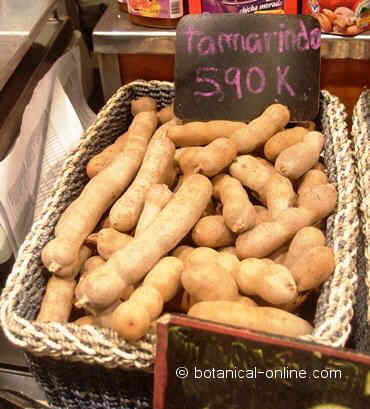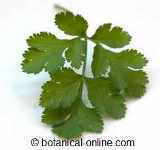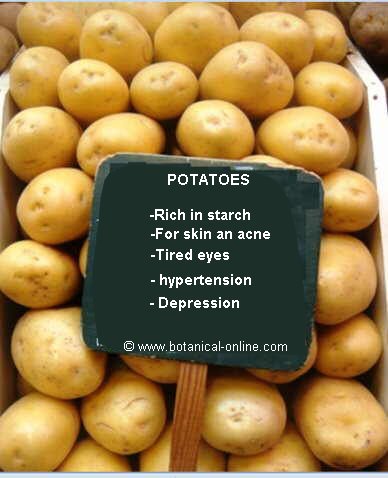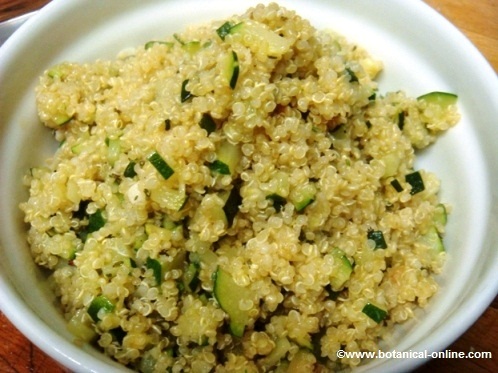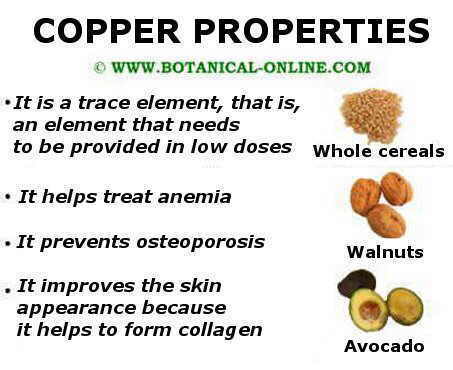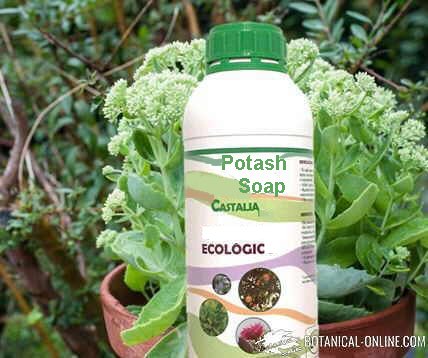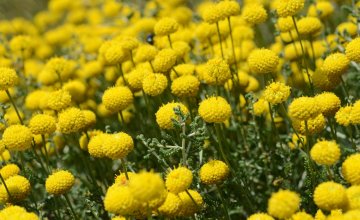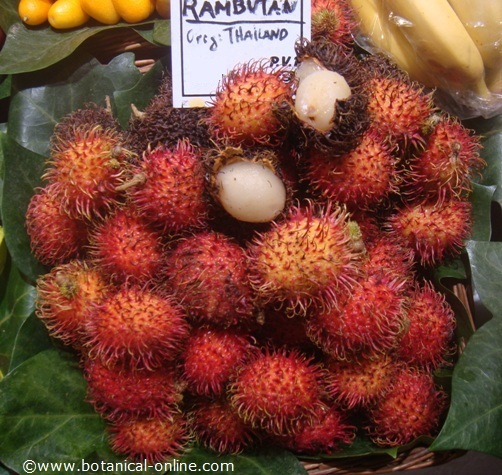Contents
- 1 Edible properties of pumpkin
- 1.1 NUTRITIONAL PROPERTIES OF PUMPKINS
- 1.2 Pumpkins, very healthy food for the prostate, the eyes and the heart
- 1.3 Pumpkins, very rich in carotene
- 1.4 Pumkin for your sight health
- 1.5 Other antioxidants of pumpkin
- 1.6 Pumpkin against cancer
- 1.7 Pumpkin, rich in folic acid
- 1.8 Pumpkin helps to eliminate fat and water of the body
- 1.9 Pumpkins to prevent constipation
- 1.10 Pumpkins to reduce inflammations
- 1.11 Main components of pumpkin
Edible properties of pumpkin
NUTRITIONAL PROPERTIES OF PUMPKINS
Pumpkins, very healthy food for the prostate, the eyes and the heart
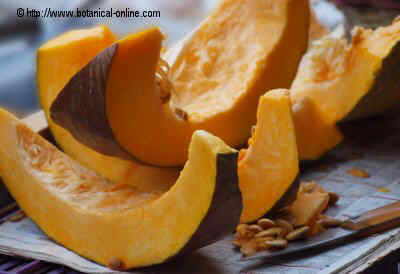
Some pieces of pumpkin, showing the yellow color of carotenoids
Pumpkins are antioxidant food par excellence. Antioxidants can neutralize free radicals, and its pernicious influence on human health that can be able to produce numerous diseases by cell degeneration.
Among the antioxidant elements the pumpkin, we can mention the following:
Pumpkins, very rich in carotene
Pumpkin is rich in vitamin carotene, found in more or less yellow coloring of its pulp. Among all the pumpkins, gourd is the richest in this component, since 100 gr provide 2620 mcg of beta carotene.
Zucchini squash provides 610, whereas the common pumpkin offers 450. The spaghetti squash would be the poorest since they only provide 30. The gourd is also very rich in alpha-carotene (2010 mcg per 100 gr.).
Acorn squashes are rich in another carotene, cryptoxanthin. Carotenoids are converted into vitamin A in our body.
Pumkin for your sight health
No less important are the carotenoids for eye health. A higher intake of this component will help prevent eye diseases and the development of cataracts or vision loss from degeneration of the retina. Eating pumpkin is a good resource to prevent the negative action of free radicals on the cells of the retina.
People who force their view on their normal work, as students, people working at a computer, office workers, painters, etc. should use this food very often.
It has also been proven the importance of carotenoids in the prevention of other degenerative diseases such as deafness. Eating pumpkin provides vitamin A carotenes as sufficient in all those who suffer from hearing loss.
Other antioxidants of pumpkin
Besides carotenes, pumpkin is very rich in other antioxidants:
- Coumarins: Pumpkins are rich in coumarin. Coumarins also have antioxidant properties. They can neutralize free radicals. It was found that, among all the pumpkins, gourds have a higher percentage of this component.
- Lycopene: This is another antioxidant component that can be found in the pulp of the pumpkin. Lycopene appears to reduce the development of prostate, lung, stomach, bladder, lung, stomach and cervix cancers. It also has properties to reduce cholesterol in the blood and to prevent the inflammations of the prostate.
- Vitamin C: Pumpkins, especially bottle pumpkin and zucchini, contain abundant amounts of 100 vitamin C. Eating 100 gr. pumpkin day provides almost half the daily requirement of this vitamin. Vitamin C, along with carotenes (vitamin A), helps to maintain a good health of the circulatory apparatus, preventing the appearance of atherosclerosis or plaque deposits in the arteries. Vitamins A and C contribute to the prevention of oxidation cholesterol and its subsequent location in the artery walls. This improves circulation and helps prevent certain heart diseases like myocardial infarction or angina pectoris.
Pumpkin against cancer
The properties of carotenes are very wide. Among all of them, its ability to inhibit the development of cancer is the main one.
It has been shown the importance of the consumption of green leafy foods such as leeks or pumpkin in the prevention of prostate cancer or their ability to prevent prostate growing in disease called benign prostatic hyperplasia, a condition which can occur in men usually after 50 years and, while not as serious as cancer., it is a very serious trouble when the urination or intercourse.
Pumpkin, rich in folic acid
Pumpkin is also rich in folic acid. This vitamin, besides taking part in the health of the nervous system, helps to protect the heart by neutralizing the elevated levels of homocysteine in the body that may be responsible for heart attacks
Pumpkin helps to eliminate fat and water of the body
Pumpkins constitute a “light” food, ideal for weight loss diets. The water content is very high and very low in calories (100 gr. Common pumpkin contain about 13 calories) acorn squash is one of the most energy (40 calories per 100 gr.). Yet, this amount is small compared with most food.
The lightness of the pumpkins, along with their high amount of potassium (especially the zucchini varieties, bottle or acorn that contain 350 mg of potassium) helps to make this food an ideal resource to remove body fluids.
Potassium promotes diuresis by increasing the amount of liquid and the frequency of urination. Regular consumption of pumpkins helps prevent fluid retention, is ideal for the treatment of obesity and constitutes an suitable way to prevent the formation of kidney stones.
Pumpkin is a highly satiating food. Despite its reduced calorie intake, it slows down your hunger and eliminates the need to eat other more caloric, less desirable, food in diets.
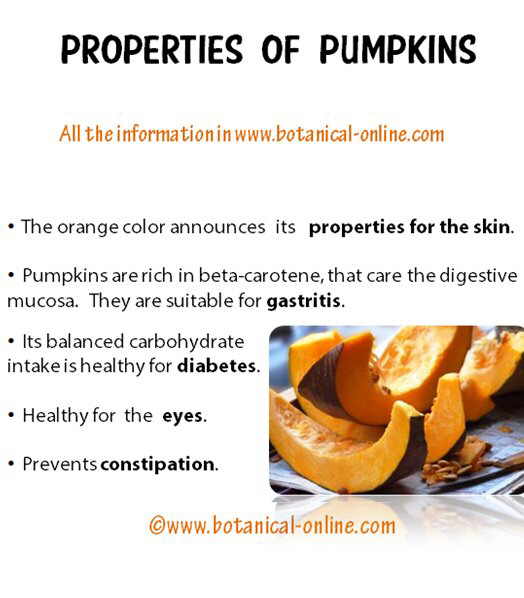
Main curative properties of pumpkin
Pumpkins to prevent constipation
Pumpkins contain abundant fiber. Fiber favors the expulsion of feces, reason why it prevents constipation.
Moreover fiber intake will be well suited to help remove toxins from the intestine and prevent the occurrence of many diseases. In this sense, it is believed that regular consumption of pumpkin, with its rich in fiber and antioxidants, may help reduce the number of colon cancers.
We must not forget the role that fiber exerts in controlling sugar levels in the body.
The pumpkin is rich in carbohydrates, but their high fiber content makes these are absorbed slowly, maintaining stable levels of blood sugar, so it is highly recommended for diabetes.
It has also been found as a nutrient that helps stimulate the production of pancreatic.
Pumpkins to reduce inflammations
Due to its content in carotenoids, vitamin C and copper pumpkin has anti-inflammatory properties , ideal for reducing inflammation and pain that occurs in diseases such as arthritis or asthma.
The following table shows the differences in the composition of summer squash and winter pumpkins.
Main components of pumpkin
| Composition of raw pumpkin pulp per 100 gr. | ||
| Nutrients | Summer squash | Winter |
| Water | 94, 2 g | 88.72 g |
| Calories | 19 kcal | 37 kcal |
| Fat | 0.24 g | 0.23 g |
| Proteins | 0, 94 g | 1, 45 g |
| Carbohydrates | 4, 04 g | 8, 80 g |
| Fiber | 1.9 g | 1.5 g |
| Potassium | 212 mgs | 350 mgs |
| Phosphorus | 32 mgs | 32 mgs |
| iron | 0, 48 mgs | 0, 58 mgs |
| Sodium | 2 mgs | 4 mgs |
| Magnesium | 21 mgs | 21 mgs |
| Calcium | 21 mgs | 31 mgs |
| Copper | 0, 102 mgs | 0, 055 mgs |
| Zinc | 0, 29 mgs | 0, 13 mgs |
| Manganese | 0, 157 mcg | 0, 168 mcg |
| Vitamin C | 8.4 mgs | 12.3 mgs |
| Vitamin A | 338 UI | 4060 UI |
| B1 vitamin (Thiamin) | 0.052 mgs | 0.097 mgs |
| B2 vitamin (Riboflavin) | 0, 043 mgs | 0, 027 mgs |
| B3 vitamin (Niacin) | 0, 454 mgs | 0, 800 mgs |
| B6 vitamin (Pyridoxine) | 0, 109 mgs | 0, 082 mgs |
| Vitamin E | 0, 12 mgs | 0, 12 mgs |
| Folic acid | 23 mcg | 22 mcg |
![]() More information on pumpkin.
More information on pumpkin.
Related information: Recipe of baked pumpkin

